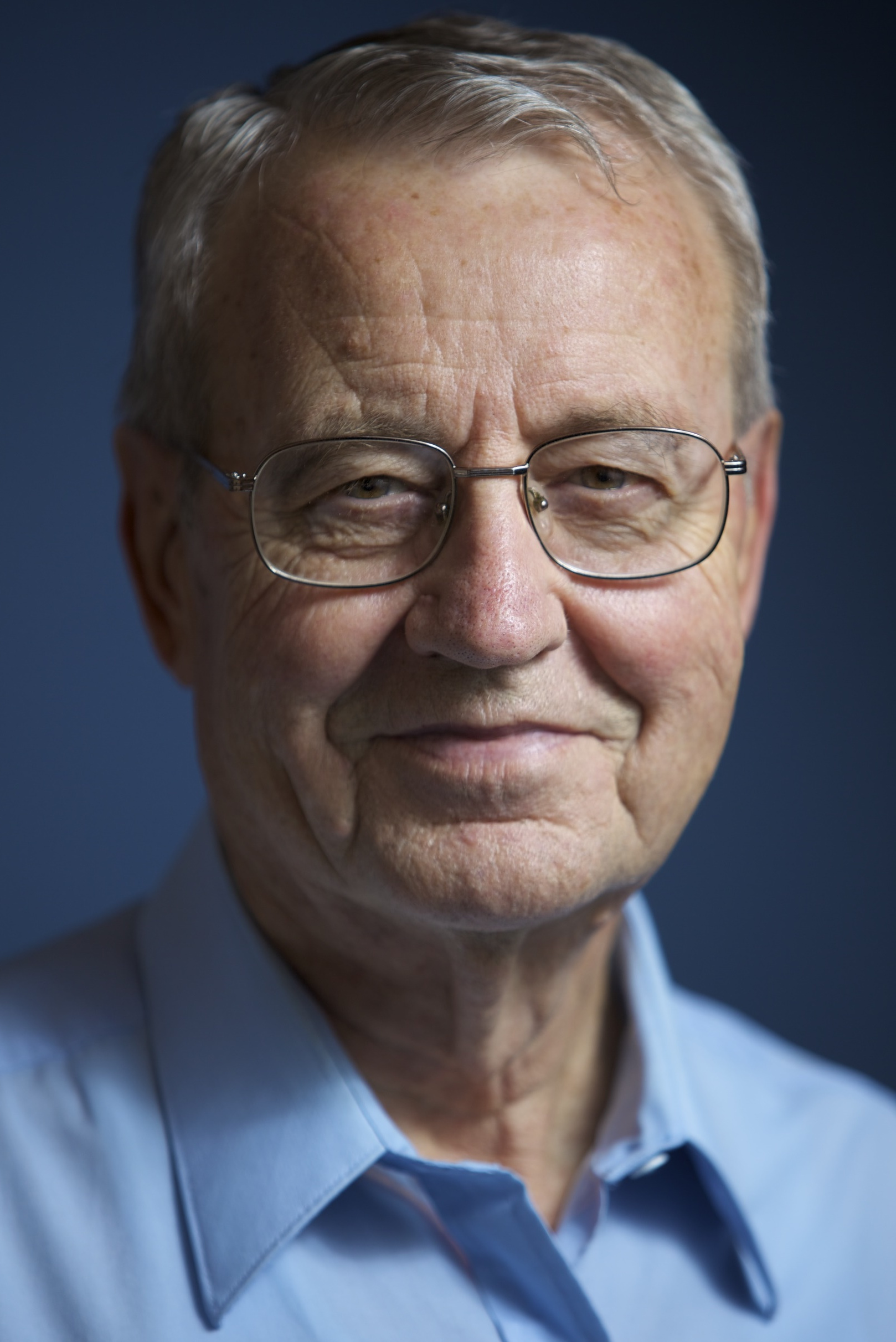Dallas Willard’s academic influence permeated from within and beyond the University of Southern California. As a former trustee, his impact upon Biola University, and especially her philosophy faculty, is significant. Scott Rae, Chair of Talbot’s Philosophy Department, says of Dallas:
We at Talbot, and especially in the philosophy department, are deeply saddened with the homegoing of our mentor and friend, Dallas Willard. We want to remember his immense contribution, not only to Talbot and Biola more generally, but specifically to our philosophy program.
Dallas was a source of great encouragement to us when we began the program some 20 years ago and has remained one of our best friends and supports for our ongoing work. He mentored a number of us in our doctoral programs at USC, marked us deeply and impacted not only our professional lives but our spiritual lives as well. He was very inspirational to us to remember the right things and set our priorities accordingly. He modeled the kind of humility that continues to, we hope, define our community, where we take God’s Kingdom very seriously, but do not take ourselves that seriously.
We will miss him greatly and will always appreciate his calm demeanor, well thought out views, the priority of the Kingdom and his love for Jesus. We know he is better off, but I’m pretty sure we’re not–his loss is incalculable. Thanks, Dallas, for your investment in our program, faculty and students.
Scott Rae, Chair of Talbot’s Philosophy Department, was at USC from 1988-1992, and his dissertation was on the “The Ethics of Commercial Surrogate Motherhood.”





 We celebrate the life and work of
We celebrate the life and work of 

